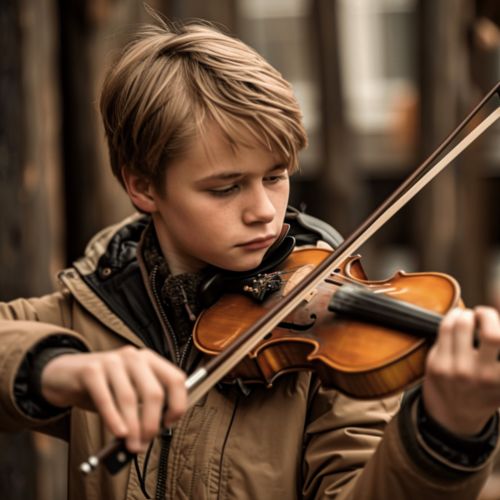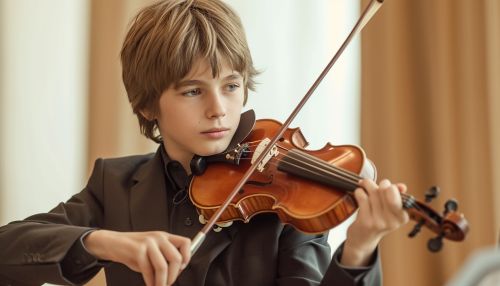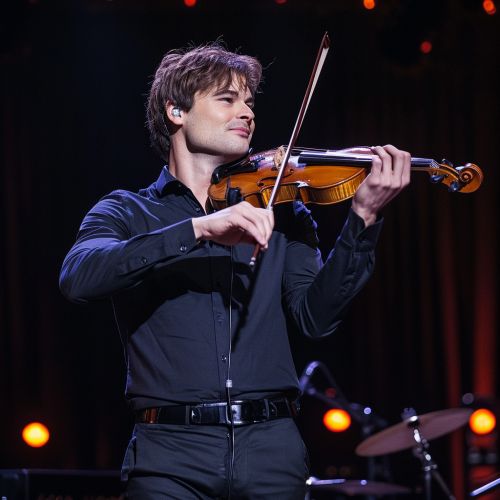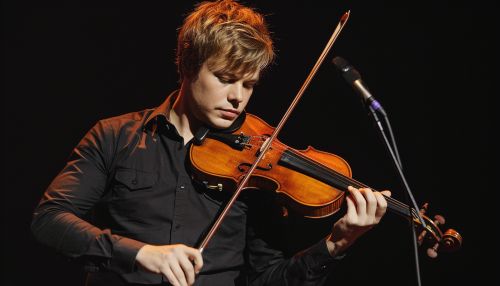Alexander Rybak
Early Life
Alexander Igoryevich Rybak was born on May 13, 1986, in Minsk, the capital of the Belarusian Soviet Socialist Republic. His parents, Igor Alexandrovich Rybak and Natalia Valentinovna Rybak, are both classically trained musicians. His father, a violinist and pianist, and his mother, a pianist, instilled in him a deep appreciation for music from a young age.


Rybak began playing the violin at the age of five, and the piano at the age of seven. He took his music studies seriously, attending the Belarusian State Academy of Music. In 1994, when Rybak was just eight years old, his family moved to Norway, where he continued his musical education at the Barratt Due Institute of Music in Oslo.
Career
Rybak's career took off in 2009 when he represented Norway in the Eurovision Song Contest, winning with a record-breaking number of points. His song, "Fairytale", became a hit across Europe, propelling him to international fame.
Following his Eurovision win, Rybak released his debut album, "Fairytales", which topped the charts in Norway and reached the top ten in several other European countries. He continued to release music and perform in concerts, establishing a successful career in the European music industry.
In addition to his music career, Rybak has also dabbled in acting. He has appeared in several Norwegian films and television shows, and has lent his voice to animated characters in films such as "How to Train Your Dragon 2".
Rybak has also been involved in musical theatre, starring in productions such as "Fiddler on the Roof" and "Some Sunny Night". He has also written a children's book, "Trolle and the Magic Fiddle", which was later adapted into a musical.


Personal Life
Rybak is known for his private nature and tends to keep his personal life out of the spotlight. He has been open about his struggles with mental health, particularly following his Eurovision win, when he experienced a period of intense stress and anxiety.
Rybak is multilingual and speaks Belarusian, Russian, and Norwegian fluently. He also has a working knowledge of English and Swedish. He has used his linguistic skills to his advantage in his career, performing songs in multiple languages.
Legacy and Influence
Rybak's victory in the Eurovision Song Contest marked a significant moment in Norway's musical history. His song, "Fairytale", is considered one of the most successful Eurovision songs of all time, and his record-breaking number of points remains unbeaten.
Rybak's success has also had a broader impact on the European music scene. His unique blend of pop and classical music, characterized by his use of the violin, has influenced a number of artists and has contributed to a shift in the musical landscape.
